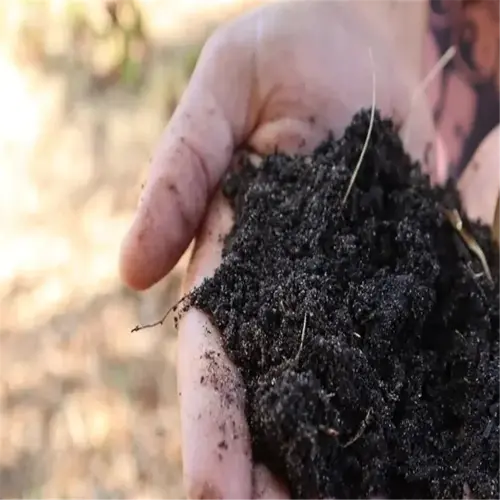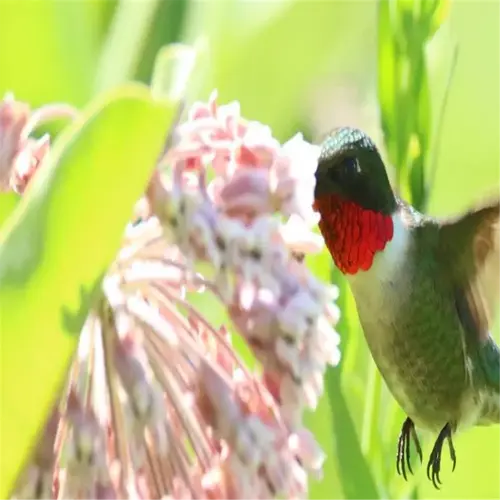Can essential oils control aphids?

Written by
Paul Reynolds
Reviewed by
Prof. Samuel Fitzgerald, Ph.D.Essential oils, such as peppermint and rosemary, can repel aphids. However, keep in mind they are not a quick and easy fix. I diluted 15 drops of peppermint oil in a quart of soapy water, and the solution kept aphids off my kale for five days. Oils will evaporate from the plant surfaces quickly and may need to be reapplied every three to four days if the infestation is bad. As always, do not spray oils in the sun because you may burn the leaf.
Effective Oils & Mixing
- Peppermint: 10-15 drops per quart of soapy water
- Rosemary: 12 drops + 1 tsp Castile soap
- Thyme: 8 drops mixed with 2 cups water
- Clove: Use sparingly (5 drops max, phytotoxic risk)
Application Rules
- Spray undersides of leaves at dusk
- Reapply after rain or heavy dew
- Store mixes in amber glass bottles
- Test on 3 leaves before full use
You should avoid spraying any oils on flowering crops. I had a cucumber patch in 2022, where bees decreased after applying rosemary treatments. To be cautious, use oils when the crops are non-flowering, or when the buds are forming. Space treatments out as best as you can. In gardens with mixed planting, target these sprays in the early morning before the bees become active.
Timing & Zones
- Treat non-flowering zones first
- Create 10ft buffer around blooms
- Apply pre-dawn or post-dusk
- Rinse flowers accidentally sprayed
Read the full article: Natural Aphid Control: 12 Safe Solutions for Plants

